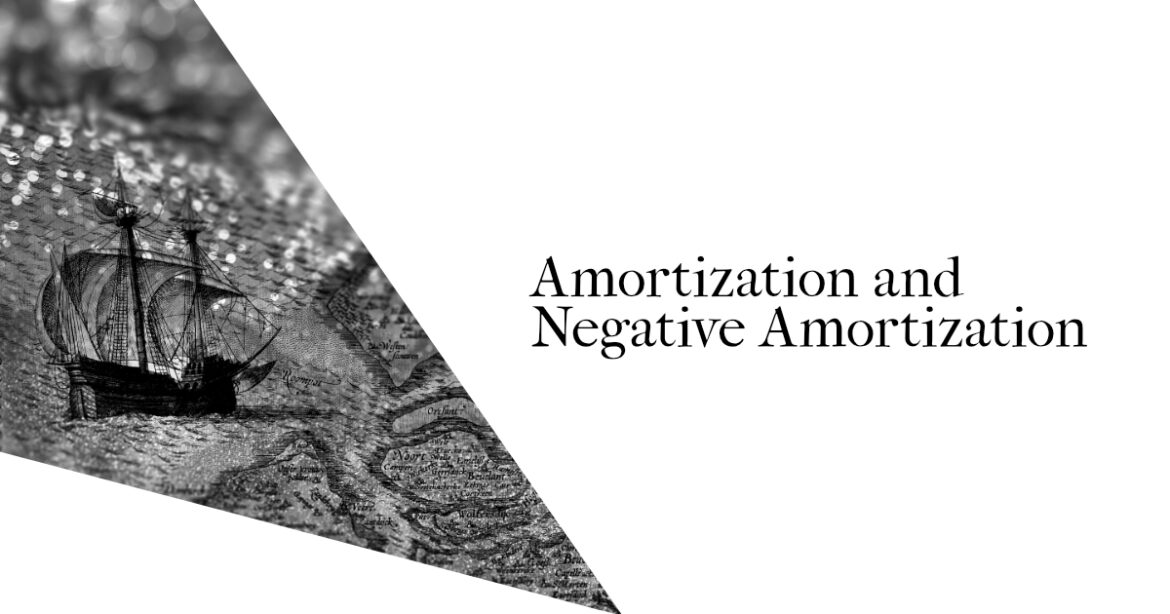Amortization and Negative Amortization

Amortization of loans refers to the spreading of payments over a defined period of time often referred to as the amortization schedule. Upon graduation, dental students enter a standard repayment plan where their graduate student loans are amortized over a 10 year term. Since most graduates have no income on the day they graduate, it is not practical (and in most cases, not possible) to begin making payments that cover the their obligation.
With this in mind, the majority of new dentists enter in an income driven repayment plan (IDR). The two most notable IDR programs are PAYE and REPAYE. Income based repayment (IBR) is a third type of income driven repayment plan. PAYE and REPAYE are superior to IBR; however income based repayment (IBR) is a term that is often used by mistake to describe all of the income driven repayment plans.
Negative amortization is an increase in the principal balance of a loan caused by a failure to make payments that cover the interest due. Unfortunately, many dental students will find themselves in a position where their payments in an IDR plan do not cover the interest that accrues on the loans each month. Fortunately, interested is not capitalized (and therefore does not compound) while enrolled in PAYE, REPAYE, or IBR.
